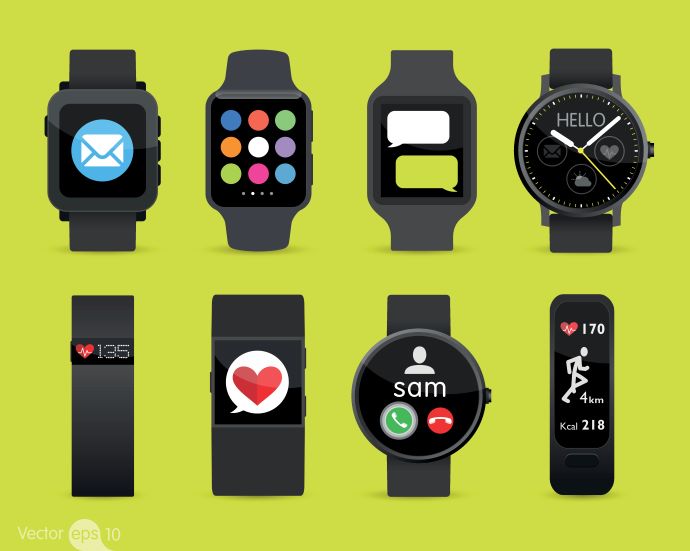Can Wearables Improve Outcomes Among Hospitalized Patients?
A new study found that hospitalized patients who use wearable activity trackers experienced better outcomes than those who did not.

Source: Getty Images
- New research published in JAMA Network Open found that hospitalized patients using wearable devices had better physical activity levels and physical functioning as opposed to patients receiving standard care.
Typically, hospitalized patients engage in limited levels of physical activity. This often leads to adverse health outcomes. However, the capabilities of wearable devices led researchers to examine their efficacy in boosting patient activity levels.
To determine how this type of technology correlates with patient outcomes, researchers conducted a study that involved wearable device use and data collection. Specifically, they aimed to determine how wearable device-related interventions amid hospitalization correlated with factors such as physical activity, sedentary behavior, outcomes, and efficiency.
Study data came from various databases, which researchers searched from inception to March 2022. Researchers collected data from randomized clinical trials and nonrandomized clinical trials that involved the use of wearables to treat hospitalized patients.
The review included a total of 15 studies and 1,911 participants. This set of studies represented various surgical cohorts, stroke rehabilitation, orthopedic rehabilitation, mixed rehabilitation, and mixed medical patients.
Researchers found a strong correlation between wearable activity tracker-based interventions and higher physical activity along with lower levels of sedentary behavior. Improvements in physical function were also more prominent in the wearables group compared to those engaged in standard care.
These results allowed researchers to conclude that hospitalized patients using wearable activity trackers had more favorable outcomes compared to those receiving usual care.
Research into wearable devices shows various positive healthcare outcomes associated with their use.
A study published in March found that wearable devices had a potential connection with improvements in physical activity levels among cardiovascular disease patients.
Researchers conducted this study using data from various databases and considering factors such as waist circumference and lipid levels. After reviewing the data, they found that physical activity improvements, sleep tracking, health data gathering, and improving access to health professionals were the most common uses of wearables. They also observed that physical activity levels appeared to benefit significantly from device use.
Other clinical trials, however, indicated that the clinical efficacy of wearable devices is still unclear. Although they play a key role in motivating patients to increase their physical activity levels, further research is needed to determine their impact on cardiovascular health and primary care.
Another study from January 2022 found that a wearable sensor could potentially prevent opioid relapses.
Primarily driven by the rising opioid epidemic, researchers created a sensor that used machine learning to highlight psychophysiological signs that may correlate with opioid cravings.
"Nothing like this exists today," said Tauhidur Rahman, PhD, an assistant professor in the College of Information and Computer Sciences at UMass Amherst and co-director of the MOSAIC Lab, in the news release. "And we believe that mobile technologies can provide an effective mechanism for people with addiction to monitor their condition and manage their cravings better.”
After assessing data from 36 patients involved in opioid-related clinical care, researchers provided them with the sensor. They found that this device was able to detect opioid administration and confirm appropriate use.
